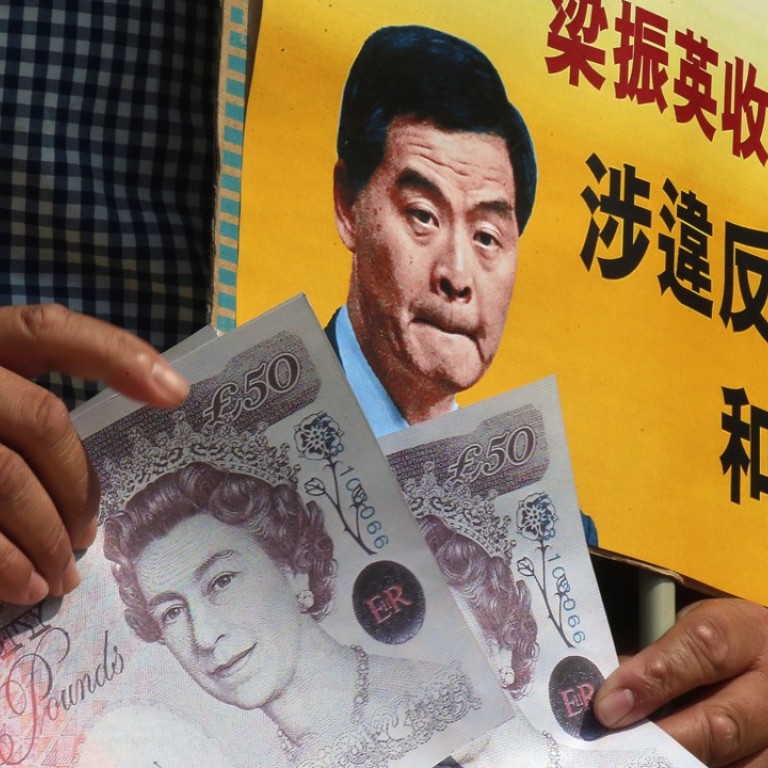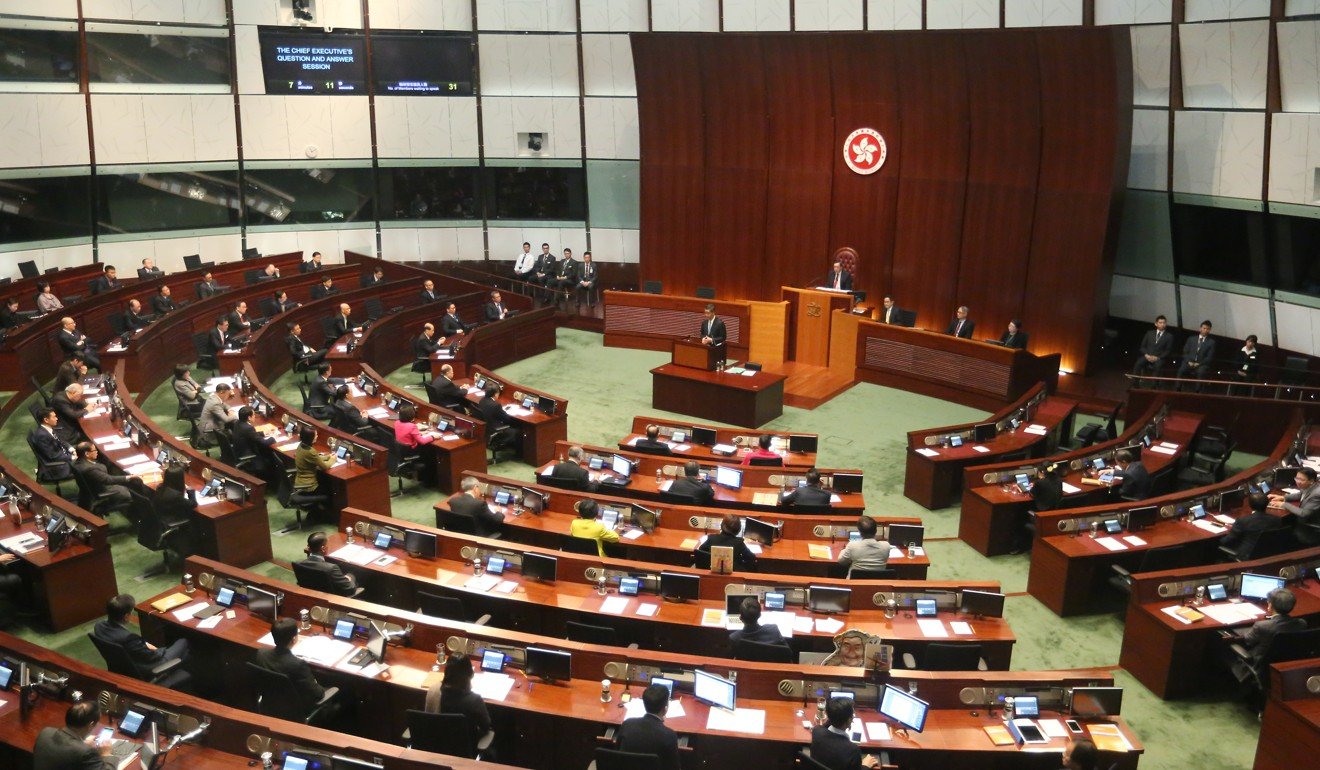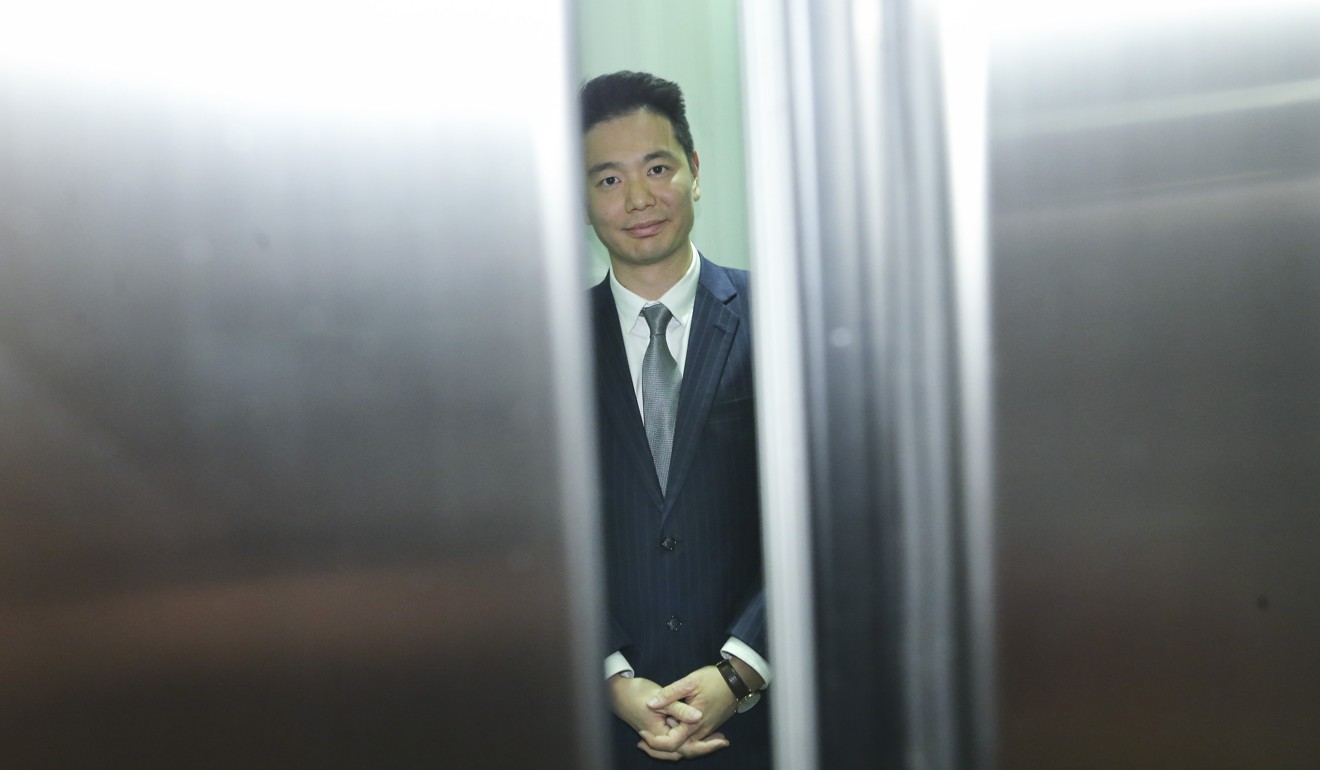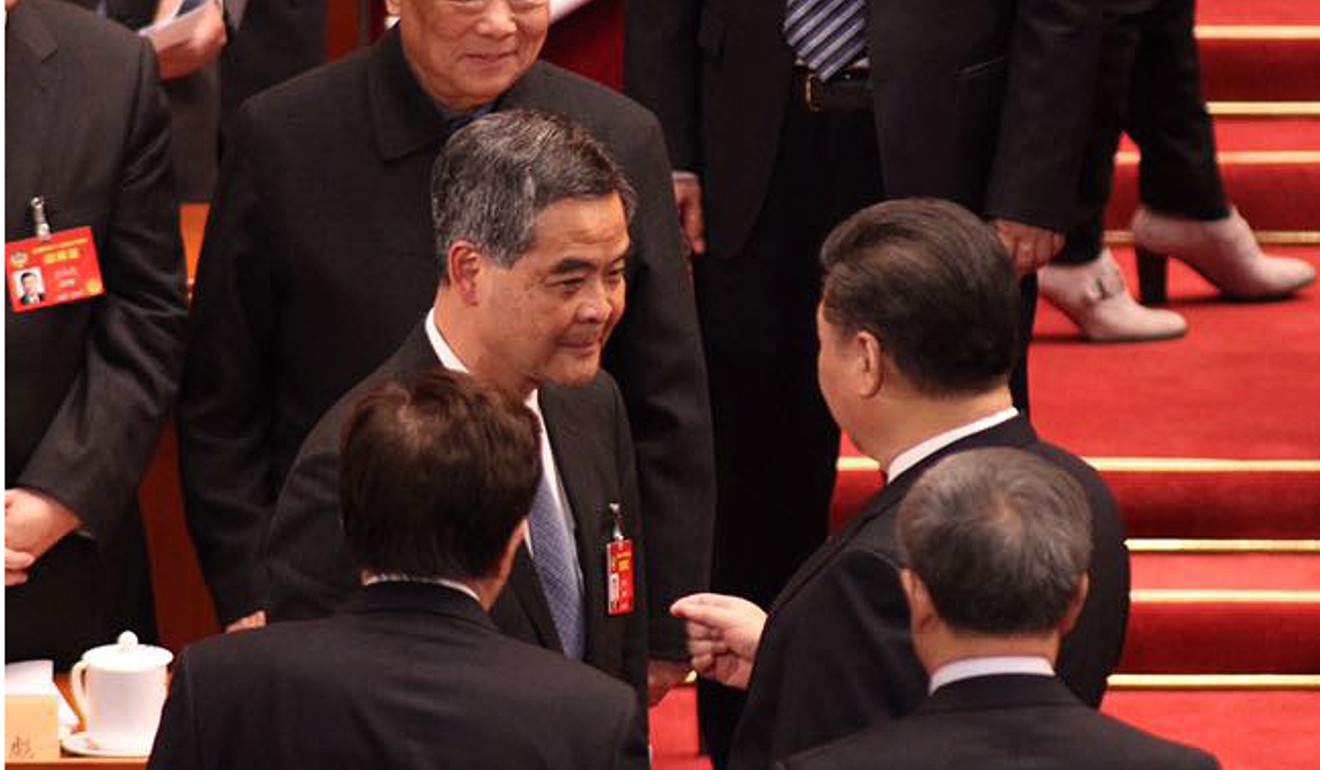
Update | Everything you need to know about Hong Kong leader CY Leung’s HK$50 million UGL deal and more
A controversial agreement between the chief executive and an Australian firm is back in the spotlight after revelations that Leung intervened in a Legco probe of the matter
What is UGL? What does it have to do with Leung Chun-ying?
UGL is an Australian company that took over DTZ, a real estate services firm, in 2011. Leung was a DTZ board member.
Under the agreement signed in December 2011, Leung would receive a total of HK$50 million in 2012 and 2013. Even though the deal was signed three months before his 2012 election as chief executive, the payments were to be made in two tranches during his tenure as Hong Kong’s leader.
In return, Leung agreed not to join any rival firm or entice any former clients. He also agreed to help “promote” UGL and DTZ and act as a “referee and adviser from time to time”.
What accusations has Leung been facing over the UGL deal?
The city’s graft-buster, the Independent Commission Against Corruption, has been looking into the case after receiving the pan-democrats’ complaints. Its chief, Simon Peh Yun-lu, said in March that the ICAC was still “closely following” the case.

What is the Legislative Council inquiry about?
Last year, at the behest of the pan-democrats, Legco set up a select committee, with limited powers, to look into:
a) whether the chief executive complied with Basic Law requirements for declaration of interests with the chief justice and Exco;
b) whether the UGL agreement gave rise to any conflict of interest on Leung’s part as chief executive;
c) whether Leung should pay tax on the HK$50 million payment.
The 11-member panel comprises seven pro-Beijing lawmakers and four pan-democrats. It has met three times since March, but progress has been slow, partly because of debate by some pro-establishment members over the wording in the document on the scope of inquiry.
Has the UGL saga affected Leung’s political career so far?
The chief executive has maintained, including in his blog on Friday, that he has not been approached by any local or foreign tax authorities.
Why is the UGL saga making headlines again?
Pro-Beijing lawmaker Holden Chow Ho-ding submitted Leung’s draft as if it were his own. But all 47 changes in Chow’s file were traced to the computer user name “CEO-CE” (chief executive).
Legco secretariat staff noticed the unusual marks and reported them to the committee.
Pan-democrats quickly accused Leung of interfering in the legislature’s affairs, destroying the separation of powers and misconducting himself. Some have lodged a complaint with the city’s graft-buster.
They also blasted Chow for inviting Leung to meddle and are planning to table a motion to condemn him.
What does Leung claim is the purpose of his secret amendments, and what could their actual effect be?
For example, one change by Leung asked the committee to examine the “original intention” of the UGL agreement. Pan-democrat Lam Cheuk-ting said it appeared that Leung wanted the deal to be interpreted as a “non-compete, non-poach” agreement, as he had characterised it in the past – that this was just a golden handshake, and there was no conflict of interest.
But the fact remains that Leung did not declare his fees to his cabinet, and it is unclear whether he did anything afterwards that involved a conflict of interest.

Who is Holden Chow Ho-ding?
Chow, 38, has been a rising star in the city’s biggest pro-Beijing political party, the Democratic Alliance for the Betterment and Progress of Hong Kong. He is one of the staunchest “Leung fans” (supporters of the chief executive) in the party.
In Leung’s words, Chow was the lawmaker in the select committee who “spoke more than others” and “whom he could lobby” to widen the inquiry direction.
Chow, in an awkward apology, insisted he had done no wrong. He said he shared Leung’s views on the amendments, and he had not tried to conceal anything – which was why he forwarded Leung’s Microsoft Word document as is.
Pan-democrats planned action to disqualify Chow, a difficult proposition with his allies holding a majority in Legco. Some of them, like New People’s Party chairwoman Regina Ip Lau Suk-yee, kept their distance from the issue, saying Chow should quit the inquiry panel.
Kenneth Leung, meanwhile, remains in the panel although the chief executive has insisted he should withdraw himself due to what he called a conflict of interest arising from the defamation lawsuit.

What will happen to Leung? Will he go to jail for misconduct like his predecessor Donald Tsang Yam-kuen?
The pan-democrats have considered impeaching the chief executive, but such a move is almost impossible under the current system.

